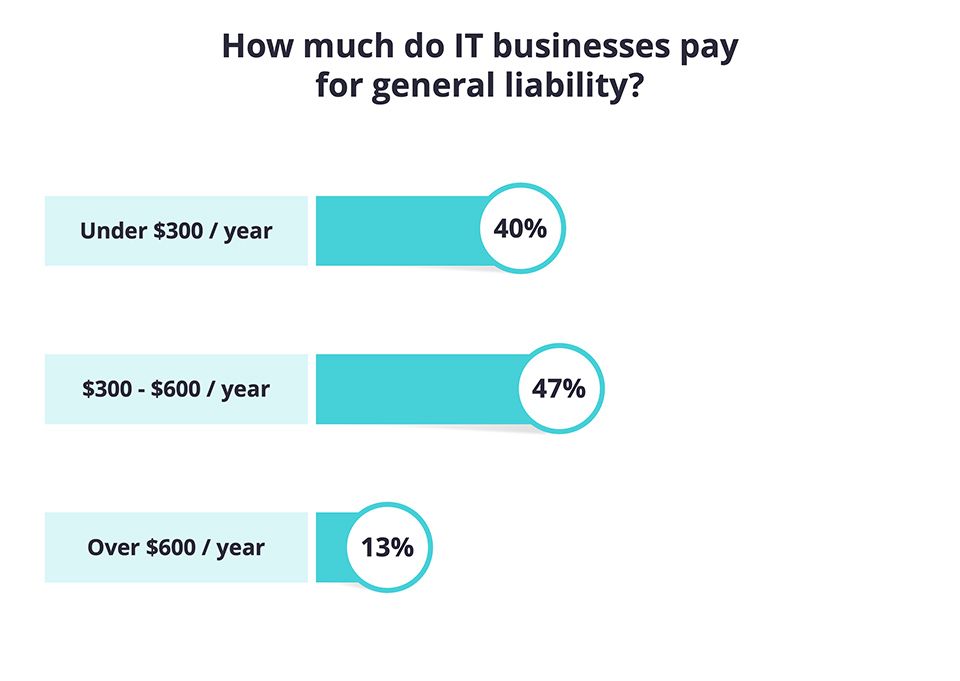Whole life and universal life insurance coverage are both considered long-term policies. That implies they're developed to last your entire life and won't end after a particular period of time as long as required premiums are paid. They both have the prospective to build up money worth in time that you may be able to obtain versus tax-free, for any reason. Due to the fact that of this function, premiums might be greater than term insurance coverage. Entire life insurance coverage policies have a fixed premium, indicating you pay the exact same quantity each and every year for your protection. Just like universal life insurance, entire life has the prospective to accumulate money worth in time, developing an amount that you may be able to borrow versus.
Depending on your policy's possible money worth, it might be utilized to skip an exceptional payment, or be left alone with the potential to collect worth gradually. Possible development in a universal life policy will differ based on the specifics of your private policy, along with other elements. When you purchase a policy, the providing insurer establishes a minimum interest crediting rate as detailed in your agreement. Nevertheless, if the insurer's portfolio makes more than the minimum rates of interest, the company might credit the excess interest to your policy. This is why universal life policies have the possible to earn more than an entire life policy some years, while in others they can make less.
Here's how: Considering that there is a money worth part, you may have the ability to avoid exceptional payments as long as the cash worth is enough to cover your required costs for that month Some policies might allow you to increase or decrease the death benefit to match your specific situations ** In most cases you might borrow versus the cash worth that may have built up in the policy The interest that you might have made over time collects tax-deferred Entire life policies offer you a fixed level premium that will not increase, the possible to build up money value over time, and a repaired death advantage for the life of the policy.
As a result, universal life insurance coverage premiums are typically lower during periods of high interest rates than entire life insurance coverage premiums, frequently for the very same quantity of coverage. Another crucial difference would be how the interest is paid. While the interest paid on universal life insurance coverage is frequently changed monthly, interest on a whole life insurance coverage policy is normally adjusted every year. This could indicate that during periods of increasing rates of interest, universal life insurance coverage policy holders may see their money worths increase at a rapid rate compared to those in entire life insurance policies. Some individuals may choose the set survivor benefit, level premiums, and the potential for growth of a whole life policy.
Although entire and universal life policies have their own unique features and advantages, they both concentrate on supplying your liked ones with the money they'll need when you die. By dealing with a certified life insurance coverage representative or company agent, you'll have the ability to pick the policy that finest meets your individual requirements, spending plan, and monetary objectives. You can likewise get acomplimentary online term life quote now. * Offered necessary premium payments are timely made. ** Increases might be subject to additional underwriting. WEB.1468 (What is umbrella insurance). 05.15.

Some Known Incorrect Statements About How To Get Medical Insurance
You do not have to guess if you ought to enroll in a universal life policy because here you can find out everything about universal life insurance coverage benefits and drawbacks. It's like getting a preview prior to you purchase so you can decide if it's the ideal kind of life insurance coverage for you. Check out on to discover the ups and downs of how universal life premium payments, money value, and death benefit works. Universal life is an adjustable type of long-term life insurance coverage that allows you to make modifications to 2 main parts of the policy: the premium and the death benefit, which in turn affects the policy's money worth.
Below are some of the general pros and cons of universal life insurance. Pros Cons Created to offer more versatility than whole life Doesn't have the ensured level premium that's available with whole life Cash worth grows at a variable rates of interest, which could yield higher returns Variable rates likewise indicate that the interest on the cash value might be low More chance to increase the policy's money worth A policy generally requires to have a positive money worth to remain active One of the most appealing features of universal life insurance is the capability to pick when and just how much premium you pay, as long as payments fulfill the minimum amount needed to keep the policy active and the Internal Revenue Service life insurance standards on the optimum quantity of excess premium payments you can make (How does life insurance work).

However with this flexibility likewise comes some downsides. Let's review universal life insurance advantages and disadvantages when it comes to altering how you pay premiums. Unlike other types of long-term life policies, universal life can adapt to fit your financial needs when your cash circulation is up or when your budget plan is tight. You can: Pay higher premiums more frequently than needed Pay less premiums less typically and even skip payments Pay premiums out-of-pocket or use the cash value to pay premiums Paying the minimum premium, less than the target premium, or skipping payments will adversely impact the policy's cash value.